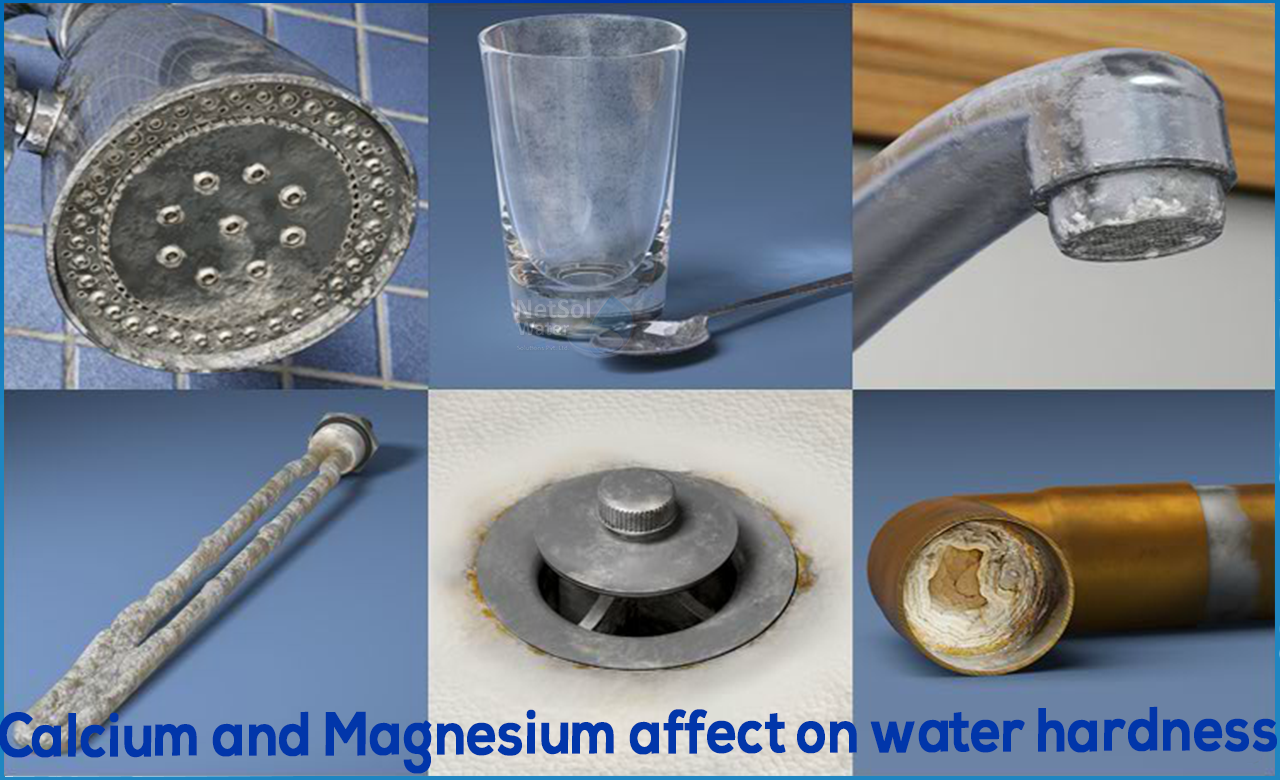How does Calcium and Magnesium affect water hardness
What is hardness?
The definition of water hardness is the amount of calcium and magnesium dissolved in water. Hard water is rich in dissolved minerals such as calcium and magnesium. You may have literally felt the effects of hard water the last time you washed your hands. Depending on the hardness of the water, you may feel a film of residue on your hands after washing with soap. In hard water, soap reacts with calcium (which is relatively high in hard water) to form "soap scum". Hard water requires more soap or detergent to clean your hands, hair, laundry, etc.
Water hardness is caused by compounds of calcium and magnesium, and various other metals. The general guidelines for water classification are calcium carbonate and is classified as soft at 0-60 mg / L (milligrams / litre), Moderately hard at 61-120 mg / L, 121-180 mg / L at hard and 180 mg / L and above are very hard
Homeowners often look for the best way to treat the water in their homes and reduce the effects of hard water and other common problems. Two popular options are water softeners and water regulators. Both are used for water treatment, but the results are very different. Also, the configuration and installation process are different. Learn more about the differences between the two and read to see which one suits your needs.
Water softener
If tap water is hard, you may need to invest in a water softener. Hard water is rich in dissolved minerals and affects the majority of homes. These minerals usually appear in hard water in the form of calcium and magnesium ions. Water collects these ions as it penetrates the soil.
Hard water affects your home and your body. These deposits leave marks when they come into contact with the surface of the house. This is known as scaling. See bathroom fixtures and fixtures such as shower doors. If you find a white build-up of limescale, it probably means that you have hard water. This scale also accumulates in the piping over time. The accumulation of scale from hard water also affects devices that use water, such as dishwashers and kettles. It can reduce the efficiency of these devices and shorten their lifespan.
Mineral deposits also affect the human body as they can strain the hair and skin. Water softeners solve these problems by removing chemicals and other substances from the water. It also removes the unpleasant taste of hard water. However, keep in mind that the water softener requires electricity and sewerage. Also, salt should be added to the system on a regular basis for the system to function properly.
Water Conditioner
These are designed to remove unwanted substances from water that can affect taste and odour. A water purifier removes compounds from the water to make it drinkable.
Substances removed by high quality water conditioners include:
· Chlorine
· Volatile Organic Compounds
· Organic Gases
· Monochloramines
Water Conditioners work in a variety of ways. Some filter unwanted substances as they flow through the water, while others alter the structure of minerals in the water. These systems use a material called template-assisted crystallization to provide many benefits of soft water in the home. Water conditioners are very effective in reducing the build-up of scale associated with hard water.
Whether you are considering a water softener or a commercial RO plant, please contact Netsol Water for product selection, installation, and maintenance. We offer a wide range of products and services for water treatment, purification, and water filtration. We are pleased to offer water treatment and purification solutions for residential, commercial, and industrial applications. Contact us: +91-9650608473 today to find out more and make your first reservation!




